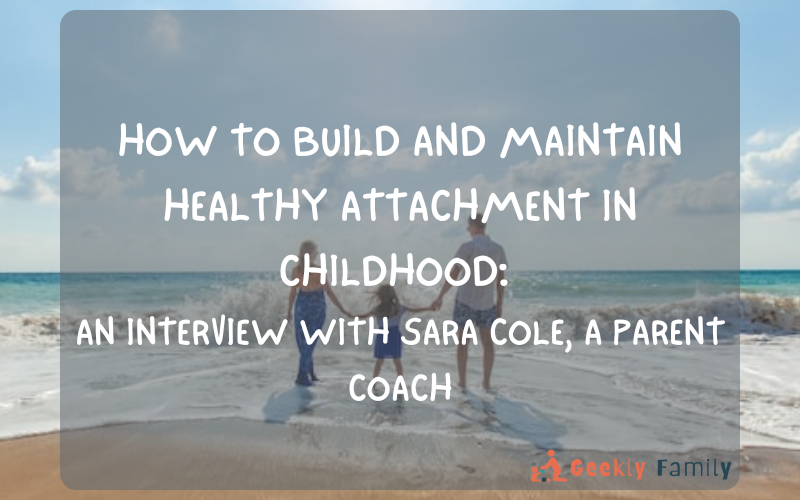“She’s just so…. entitled!”
I think every parent of every teen or pre-teen I’ve coached in the past few years complains about this. We all live with an entitled teen at some point.
Here’s the thing – Teens are supposed to be.
Over the years we’ve called it different things – selfish, self-centered, egocentric, stuck on themselves. It’s all the same thing, and it’s all developmentally appropriate.
Teens are deep in the throes of identity development – figuring out who they are and how they belong in the world. And in order to figure out WHO they are, they need to start with some serious navel gazing.
Then add what it means to be adopted and how to navigate the world through the lens of two families and perhaps various racial and cultural identities. It’s super complicated in there!
Not surprisingly, with their gaze focused so closely on themselves, they’re not able to look at, notice, or see anyone else or other people’s wants or needs. Try it for yourself – go put your face about 2 inches from the bathroom mirror. It’s almost impossible to see anything else in the room at all. That’s what it’s like, and meant to be like, in this stage of development.
Yes, it is really difficult to live with.
And it is a super important part of growing to a healthy adulthood. The most mature, successful adults are the ones who know themselves best because they can be compassionate and present for others. Guess how they got there!
The other complaint I hear about living with an entitled teen? Touchy. Hypersensitive. Reactive.
Can you remember back to your early teen years of hyper self-examination?
Noticing and judging every inch of your body, every sound that came out of your mouth, every hair that was out of place (or if you were taking the “rebel” route, in place), every interaction with everyone all day long. Probably projecting all those things that were too embarrassing to admit about yourself onto your parents, your siblings, the awkward kid that sat across from you in geography class?
Or so overwhelmed by the whole thing that you narrowed your field to a few safe harbors: one or two activities, a few friends.
Of course teens are touchy. They are very often quietly examining every breath they take. When we as parents comment on the state of their bedroom or their grades, it hits way too deep and resonates overly strongly as a complete rejection of their entire being.
And again, add in the complexities of adoption. What does it mean about me that my birth/first parent isn’t parenting me now? Am I bad or wrong or broken?
Yes, they’re sensitive and touchy and reactive. They’re looking at the parts of themselves and their lives that are almost too much to see, too much bear. What an act of courage, really.
So what is a parent to do?
Make space for the egocentrism. (Most of my clients groan in agony and roll their eyes when I offer this.) It really is an important part of growing up.
Once kids start to get a handle on who they are, they naturally start to pull back and look around at the greater world again — with more grace for we imperfect souls that inhabit the earth with them.
Better yet, invite their self-exploration. Ask how they see the world, what they think of current events or what Aunt Lisa said at dinner. Let them tell you why school uniforms suck. Listen when they tell you why public bathrooms shouldn’t be gendered.
Their expressions may be caustic. Their thoughts may not be well formed or based on any logic or make really any sense at all. Their values may very well stray from those you’ve hoped to pass on. And it may all change 180* tomorrow.
Simply listen. Don’t bite the hook they’re maybe baiting you with. Make a few minutes to be as interested in their thoughts as they are.
Validate their thinking, celebrate their explorations. You don’t have to agree with them, and you can still offer connections.
- “I’m so impressed by your thinking about this.”
- “Wow, that’s a really interesting perspective.”
- “I can tell you really care about this.”
- “I’d never thought of it that way before.”
There are so many great returns when we make space for our teen’s egocentric, self-centered entitlement (rather than focus on how much they look like an entitled teen). To name a few:
- A teen who passes through the ego-centric stage more quickly (yes, really!).
- More realistic expectations for what your teen can and will do, and therefore lowered frustration for you.
- A relationship in which they feel safe to tell you about themselves and their lives for years to come.
If this all makes sense and sounds good, aaaannnnnnddddd still you find yourself riled up and needing help navigating the day with your entitled teen, schedule a free strategy session with me.
We’ll talk about what’s going on in your family and how I can help you create a lot more cooperation, ease, and connection in your home.





